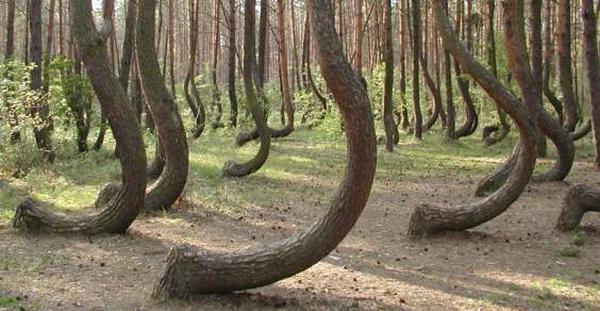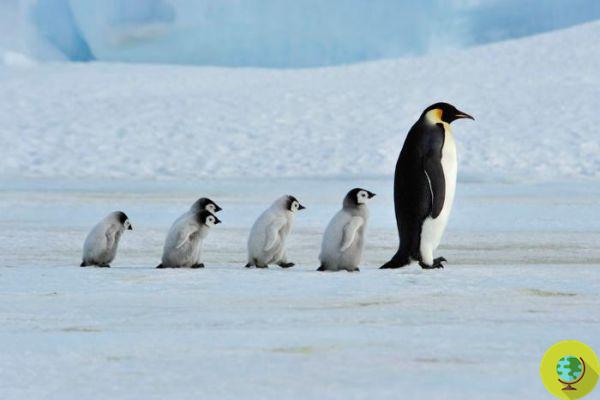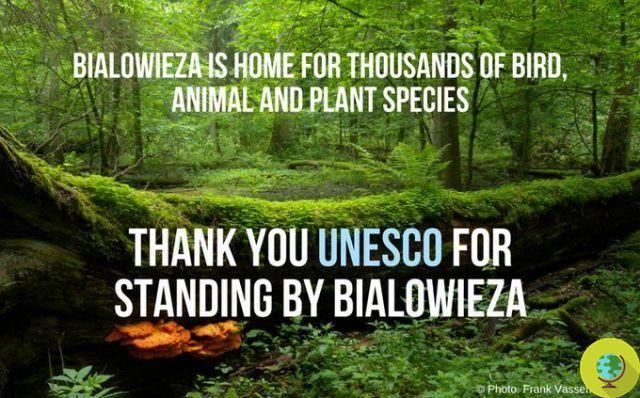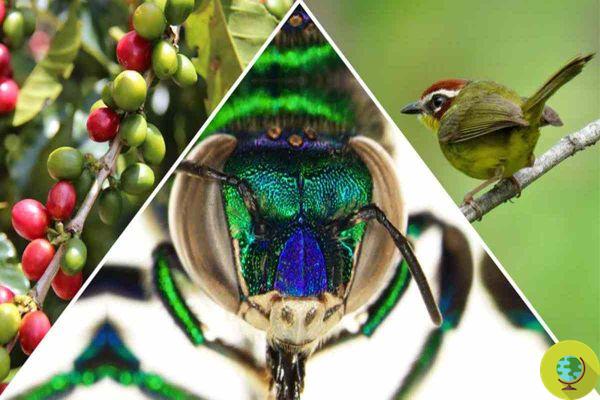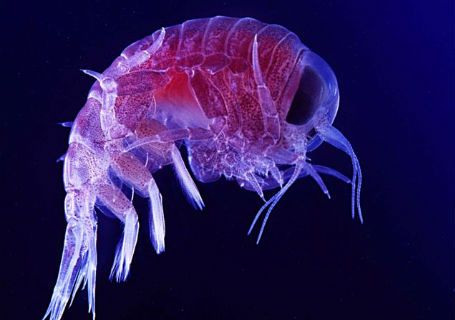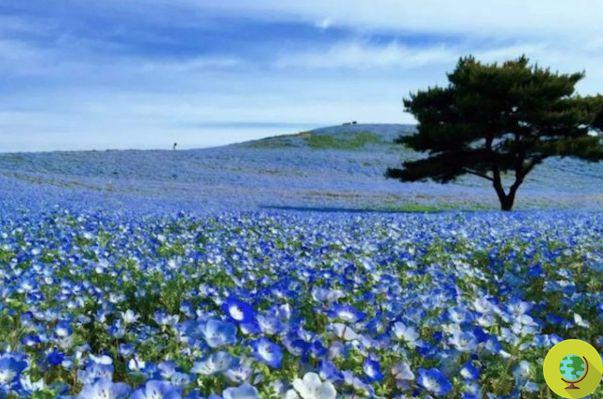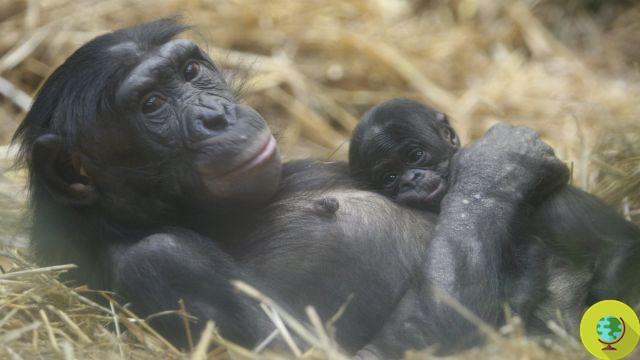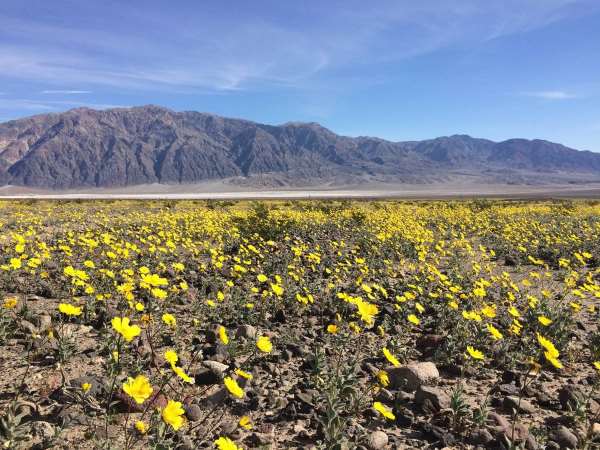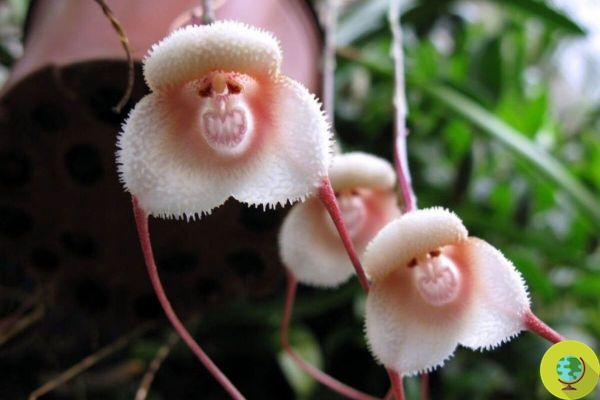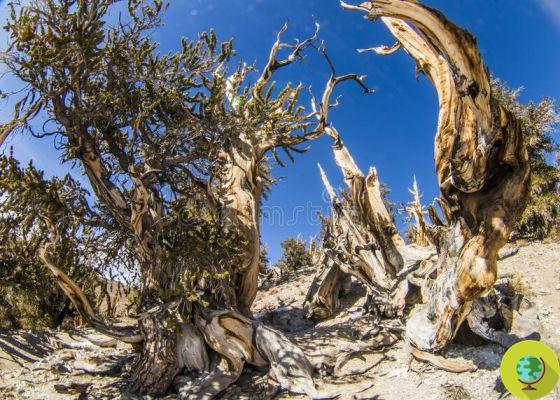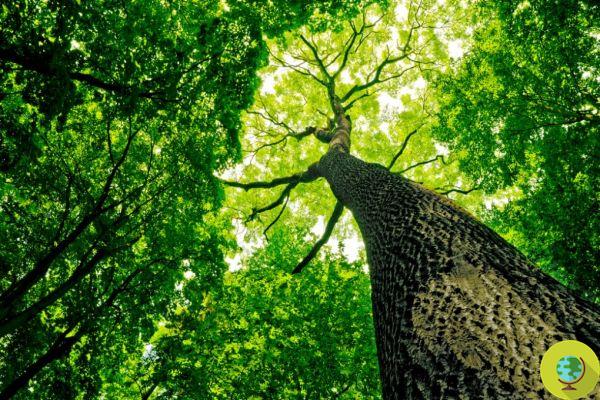
Do the plants bloom early? All the fault of climate change
He is about to end up run over, his mother saves himI Cherry blossoms they have already blossomed, coloring the rural villages with their characteristic soft pink. But that's not great news. This advance is due to the effect of climate changes. This was revealed by a study conducted at theUniversity of California San Diego, and which involved 22 institutes in Canada, Sweden, Switzerland, the United Kingdom and the United States.
After analyzing the results of a series of experiments, the experts found that l'global rise in temperatures also affects the flowering of plants. Long-term historical documents have thus shown that many plant species have changed their flowering times to coincide with theincrease in temperatures in recent decades.
50 studies examined, with over 1.600 plant species from the four continents. Experts have focused their attention on some limited areas as historical records were not available for most places. Thus, by examining small fields to assess the responses of plants to varying temperature in terms of degrees centigrade it was possible evaluate its future impact. And it emerged that the advance with which plants bloom in relation to global warming is 4 to 8 times greater than that found in previous experiments. In fact, it happens that when the temperature rises by only one degree, the plants bloom with an advance of an average of 5-6 days, while the experiments predicted an advance of between a minimum of a few hours and a maximum of 1.6 days.
With the support of the National Center for Environmental Analysis, a research center funded by the National Science Foundation, from the State of California and the University of California Santa Barbara, through a series of experiments, scientists created new global plant phenology databases to analyze the sensitivity of plants to changes in temperature.
"This suggests that ecosystem changes have been in constant progress since early spring across much of the planet, and may be far superior to estimates based on data from other experiments," he said. Elizabeth Volkovich, an ecologist at the University of British Columbia, who collaborated on the study.
"These findings have broad implications for predicting species diversity conservation, ecosystem services and future models of global change," he added. hilt Cleland, UC San Diego biology professor and senior author of the study. "The future responses of plant ecosystems to warming may be higher than previously estimated by other experimental data."
The situation is worse expected. And if on the one hand this premature explosion of colors brings joy, on the other we should remember that it is "unnatural”And that it is the result of the damage that man is inflicting on the planet.
The study was published in Nature.




